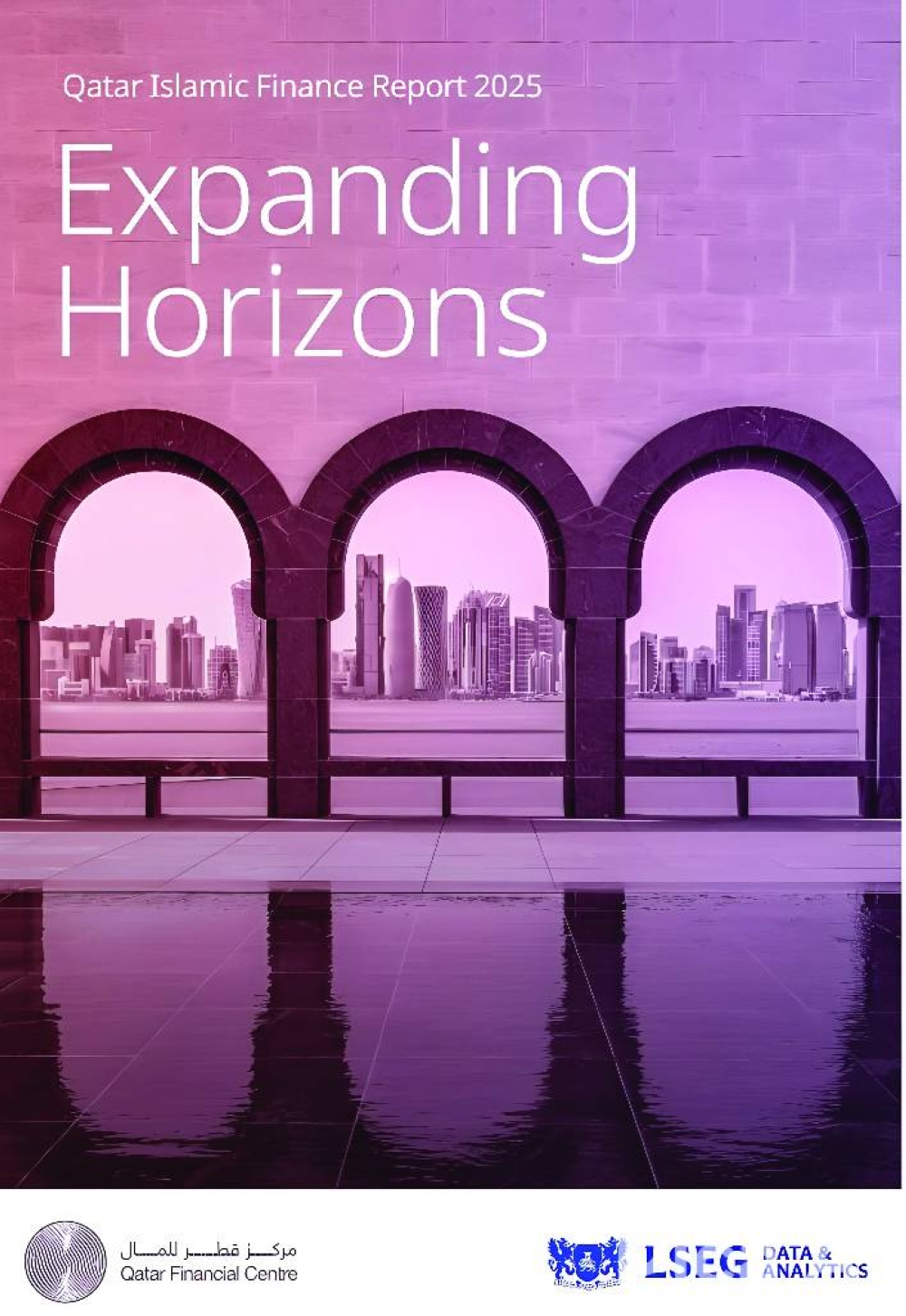Doha's Islamic fintech market is expected to record a 10% compound annual growth rate (CAGR) in the years to 2028, reaching QR16.1bn in total transaction volumes, according to the Qatar Financial Centre (QFC) report.
"This robust growth is being driven by increasing consumer demand, favourable regulatory frameworks, and strategic investments in fintech infrastructure," said the report.
Qatar’s Islamic fintech market has seen remarkable growth during the past five years, reflecting a CAGR of 26%.
Total transaction volumes for Islamic fintechs based in Qatar more than tripled from QR3bn in 2020 to nearly QR10bn in 2024; it said quoting the latest Global Islamic Fintech (GIFT) report.
Qatar remained in the top 10 countries in the GIFT Index, ranking eighth in 2024, supported by a strong overall ecosystem, regulatory environment, and infrastructure for Islamic fintech.
New York-based Wahed, a digital Islamic investment platform and one of the world’s largest Islamic fintechs, set up a regional office at the QFC in 2024, expanding its presence in the region.
By offering innovative Shariah-compliant investment solutions, Wahed aims to cater to the growing demand for Islamic and ethical investments in the region.
"This strategic move marks a significant milestone for Islamic fintech in Qatar, aligning with the country’s vision to become a leading Islamic finance hub," the report said.
Payments and enabling technologies constitute the largest segments of Qatar’s Islamic fintech market, by number of companies, reflecting the region’s focus on modernising Islamic financial services.
This aligns with the broader region, where the digital payments sector is experiencing significant growth driven by the increasing adoption of e-commerce, mobile payments, and contactless payment solutions.
"Growing use of digital wallets and mobile payment apps highlights the region’s shift towards seamless and secure digital transactions," it said.
Enabling technologies, which include innovations such as blockchain and AI (artificial intelligence), are crucial for modernising financial services in Qatar and enhancing the overall financial infrastructure, it said, adding they also support the development of more secure and efficient financial systems, which are essential for the growth of Islamic fintech.
Meanwhile, the digital assets segment, encompassing digital currencies and tokenised assets, is growing in importance, reflecting the region’s efforts to integrate advanced financial instruments within the framework of Islamic finance, it said.
The report highlighted that the transparency, security, and decentralisation provided by blockchain technology are particularly appealing in the context of Islamic finance, which emphasises ethical and transparent financial practices.
"This segment is poised for substantial growth, supported by the QFC’s increased regulatory and development focus on digital assets," it added.
Highlighting that BNPL (Buy Now-Pay Later) solutions are rapidly gaining traction in the region, driven by increasing demand for flexible payment solutions and the rise of e-commerce; the report said the region has seen significant adoption of BNPL services, with companies like Tamara and Tabby leading the market and reshaping consumer behaviour.
"In Qatar, the potential for Islamic fintechs in this area is substantial," it said, adding by integrating BNPL services with Islamic finance, fintechs in Qatar can provide a value proposition that combines financial inclusivity with adherence to Shariah principles.
Qatar has already taken significant steps to capitalise on this opportunity, with the QCB approving five companies, including Spendwisor and PayLater, to participate in a regulatory sandbox for BNPL services.

Qatar remained in the top 10 countries in the Global Islamic Fintech Index, ranking eighth in 2024, supported by a strong overall ecosystem, regulatory environment, and infrastructure for Islamic fintech

